Nashua, NH Drug & Alcohol Treatment Centers
Looking for help with addiction in Nashua, NH?
Insurance
Treatment Programs
Looking for help with addiction in Nashua, NH?
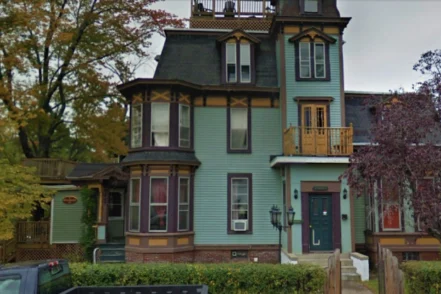
96 Church Street Laconia, New Hampshire 03246
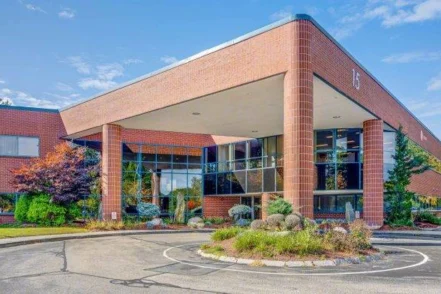
15 Constitution Drive Bedford, New Hampshire 03110
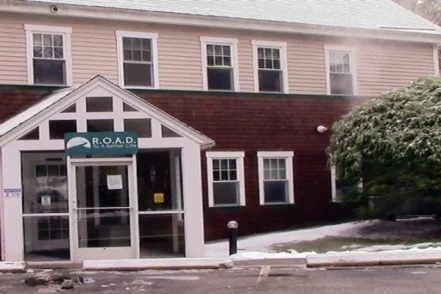
255 Route 108 Somersworth, New Hampshire 03878

446 Main Street Plymouth, New Hampshire 03264
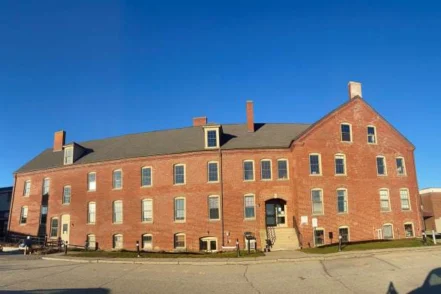
272 County Farm Road Dover, New Hampshire 03820
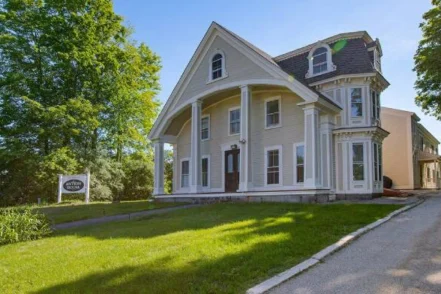
55 Main Street Antrim, New Hampshire 03440

6 Manor Pkwy Salem, New Hampshire 03079

244 High Watch Road Effingham, New Hampshire 03882

10 Grove Street Dover, New Hampshire 03820